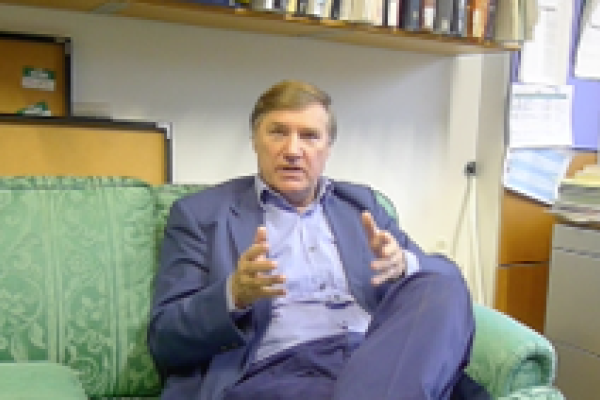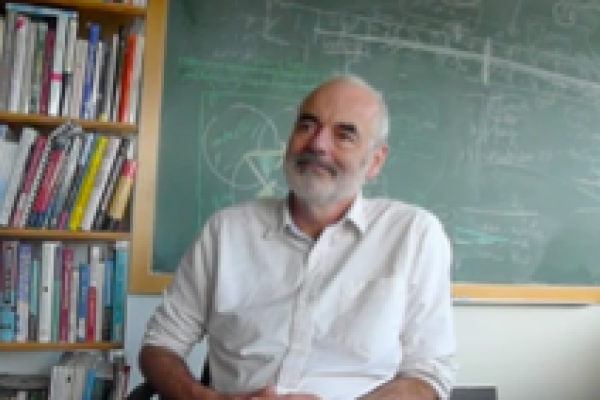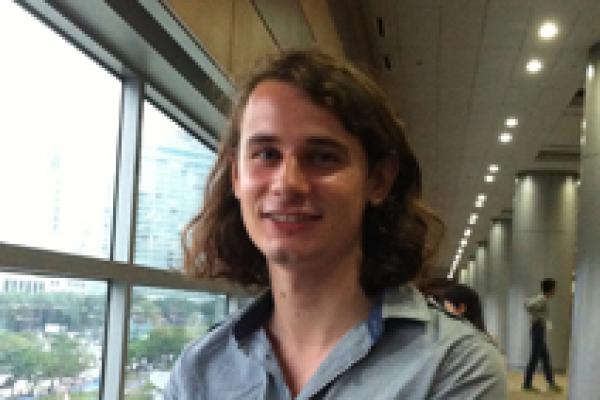Podcast

Maria Esteban: The podcast
In this podcast we talk to Maria Esteban, mathematician and President of the International Council for Industrial and Applied Mathematics.










